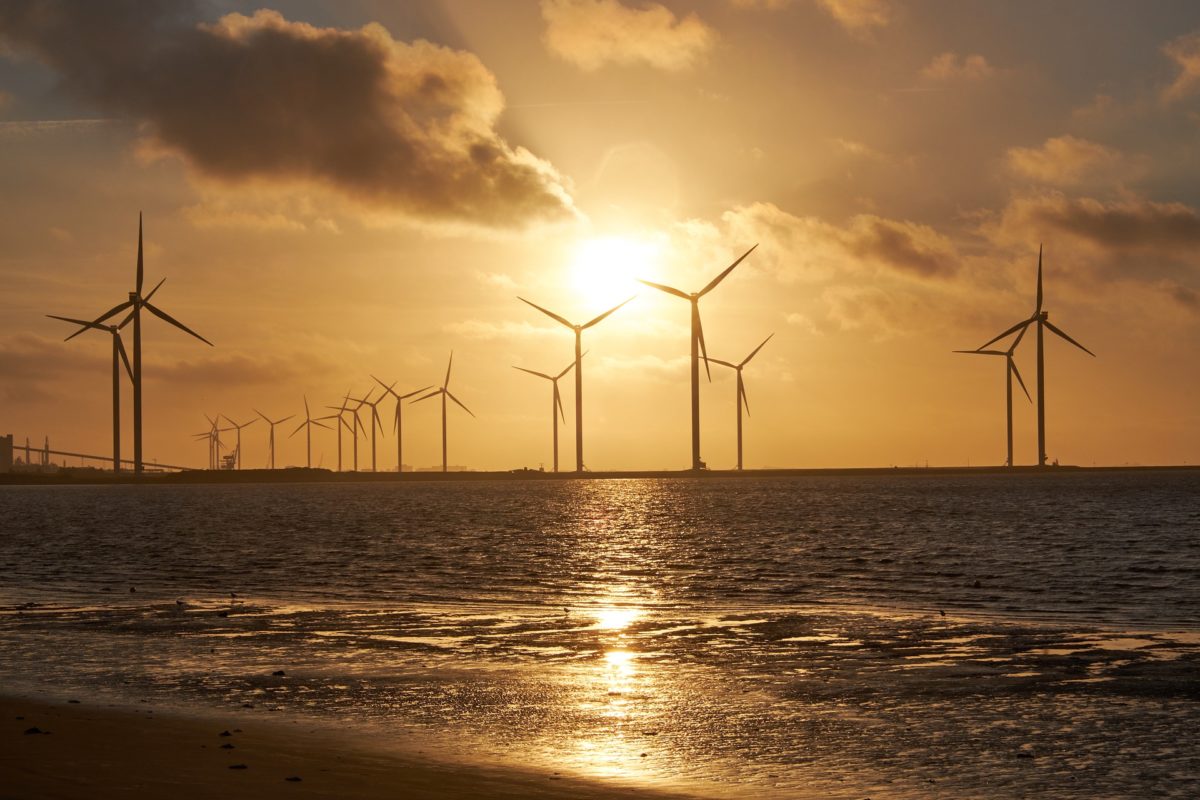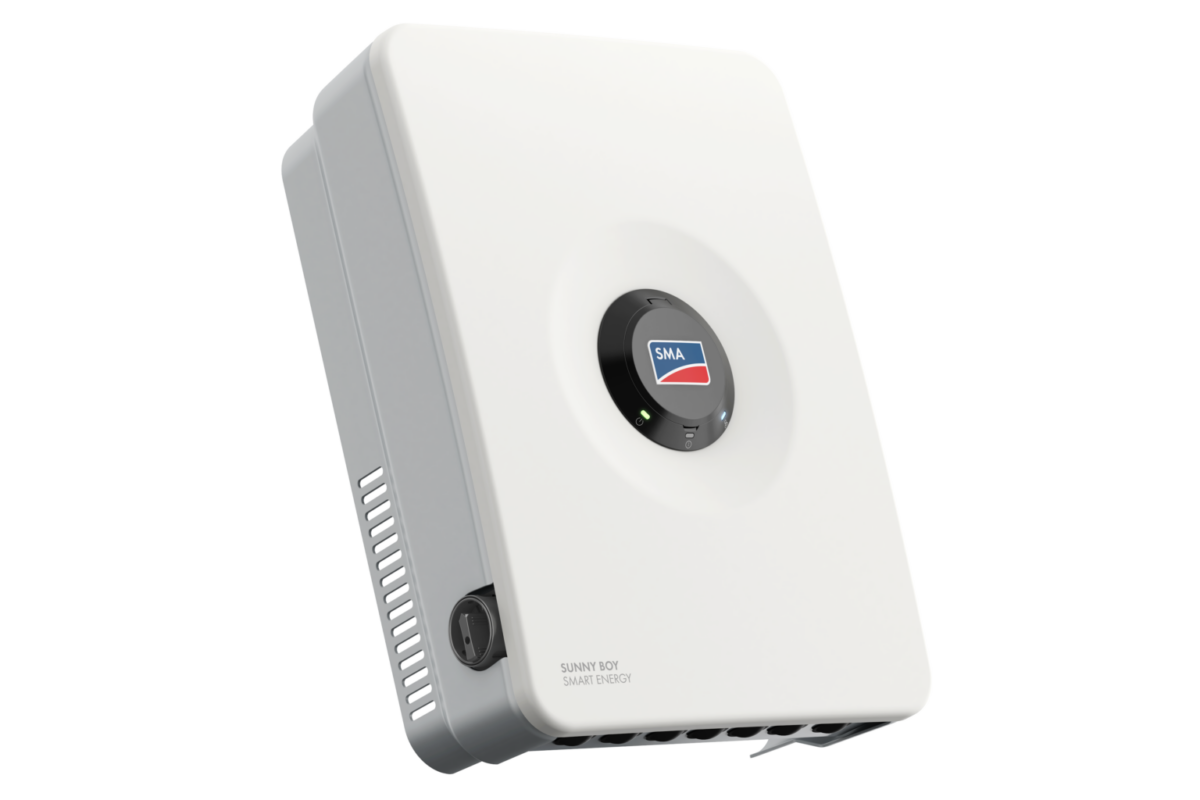Luxembourg-based Jan De Nul Group, construction and maintenance provider for maritime infrastructure, has announced it will partner with a group of Belgian companies in the development and construction of the first off-shore photovoltaic floating project in the North Sea.
The Belgian consortium for the project includes engineering services provider Tractebel, a subsidiary of French energy giant Engie; dredging and hydraulic engineering company DEME NV, solar manufacturer Soltech NV, and Ghent University. The Agency for Innovation and Entrepreneurship (VLAIO), a Flemish governmental organization in Flanders, Belgium, has supported the creation of the consortium. The initiative project has been further supported by the Blue Cluster, a Flemish organization dedicated to developing and promoting economic activities that are linked to the North Sea, including marine energy projects.
The planned €2 million PV array is planned to be located near an aquaculture and an offshore wind power facility. Jan De Nul said that the floating structures will be designed in a cost competitive manner, and that modules specified for the project will be resistant to salty water, strong currents, and high waves. “Finally, ecosystem integration of the floating PV panels will be investigated from the start, to reduce the impact as much as possible,” the statement explained without providing further technical details.
“Soltech is looking forward to the challenge of developing marine-suitable PV panels that can withstand harsh offshore conditions,” stated Stefan Dewallef, product development manager at the company.
Belgium’s commitment to off-shore solar
Philippe De Baker, Belgian secretary of state for Social fraud, Privacy and the North Sea, announced in February of 2018 that the government was planning to support off-shore solar in the North Sea, and that the first pilot project may be launched in 2020. At the time, he said “Our sea has the potential of becoming a real solar park. We are currently looking at where we can lay the solar panels,” adding, “The future is renewable energy.”
De Baker said that the ideal area in the North Sea for floating projects was at the coast of Zeebrugge, where several wind power plants are currently operational, while also mentioning the off-shore PV project announced by a Dutch consortium a few weeks earlier. This project, also planned to be located in the North Sea, is under development by a consortium formed by local research institute, Energy Research Centre of the Netherlands (ECN), the Netherlands Organisation for Applied Scientific Research (TNO), the Maritime Research Institute Netherlands (MARIN), the Abu Dhabi National Energy Company, (TAQA), and the Dutch start-up specializing in the development of floating systems for renewable energy at sea, Oceans of Energy.
This content is protected by copyright and may not be reused. If you want to cooperate with us and would like to reuse some of our content, please contact: editors@pv-magazine.com.




Good luck to them. But the challenges are severe. How can they avoid the build-up of salt from spray on the panel surface? Fresh water is not readily available as on land.